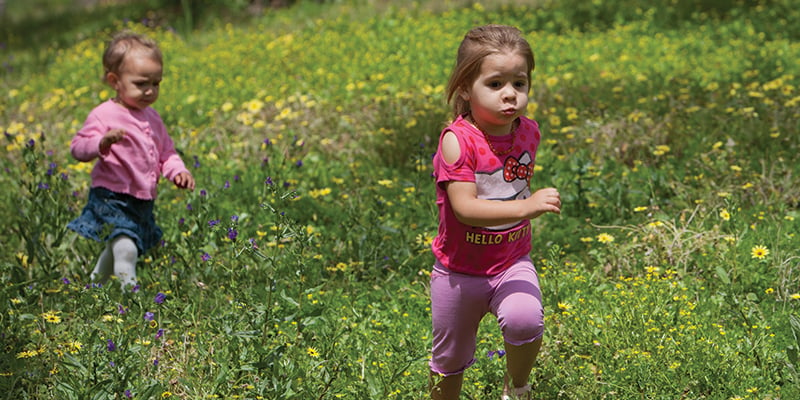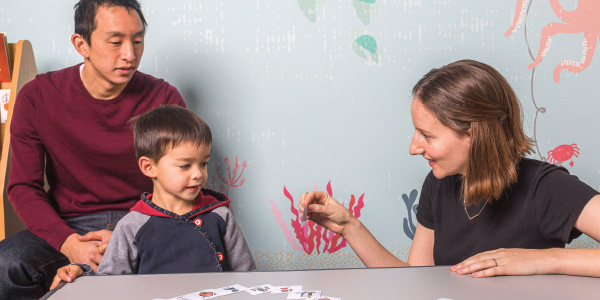Search

A child can’t thrive if they don’t have a roof over their head.

One third of Australia’s children will be better supported at school, thanks to a The Kids Research Institute Australia evidence review of what works best to support student behaviour needs.

A long-held belief linking gut bacteria to autism has been debunked by an Australian research team that included researchers from CliniKids at The Kids Research Institute Australia.
Research
CyberbullyingCyberbullying is a form of online harassment, where the bullying is carried out through the use of modern technology.
Research
Healthy skin for children and young people with skin of colour starts with clinician knowledge and recognitionSkin conditions most frequently encountered in paediatric practice include infections, infestations, atopic dermatitis, and acne. Skin of colour refers to skin with increased melanin and darker pigmentation, and reflects global racial and ethnic diversity.
Research
Incidence of cognitive errors in difficult airway management: an inference human factors study from the Pediatric Difficult Intubation RegistryCognitive errors are known contributors to poor decision-making in healthcare. However, their incidence and extent of their contribution to negative outcomes during difficult airway management are unknown. We aimed to identify cognitive errors during paediatric difficult airway management using data from the Pediatric Difficult Intubation (PeDI) registry, to determine patient and clinician factors associated with these errors, and their contribution to complications.
Research
Trends in malaria prevalence among school-age children in Mainland Tanzania, 2015-2023: A multilevel survey analysisIn high-transmission areas, school-aged children have higher malaria prevalence and contribute significantly to the transmission reservoir. Malaria infections can be asymptomatic or present with symptoms which may contribute to anaemia, severe illness and fatal malaria. This analysis provides trends of malaria prevalence and associated risk factors among school-aged children in mainland Tanzania.
Research
National E-cigarette Monitoring and Evidence Consortium: Supporting informed research, policy and practice in AustraliaAlexander Larcombe BScEnv (Hons) PhD Honorary Research Fellow Honorary Research Fellow Associate Professor Alexander Larcombe began work at The Kids
Research
Strategies to Improve Research Participation By Older People With Cognitive Impairment: A Systematic ReviewOlder people with cognitive impairment are unrepresented in clinical research. Our objective was to review evidence for strategies to support their research inclusion and participation.
Research
Lifting the wellbeing of adolescents and young adults with type 1 diabetes: A feasibility study of the LIFT appAdolescents and young adults with type 1 diabetes have an increased risk of psychological distress. To address this, psychological support provided asynchronously via an app may be feasible. Our study aimed to explore feasibility and safety of the LIFT wellbeing app.
